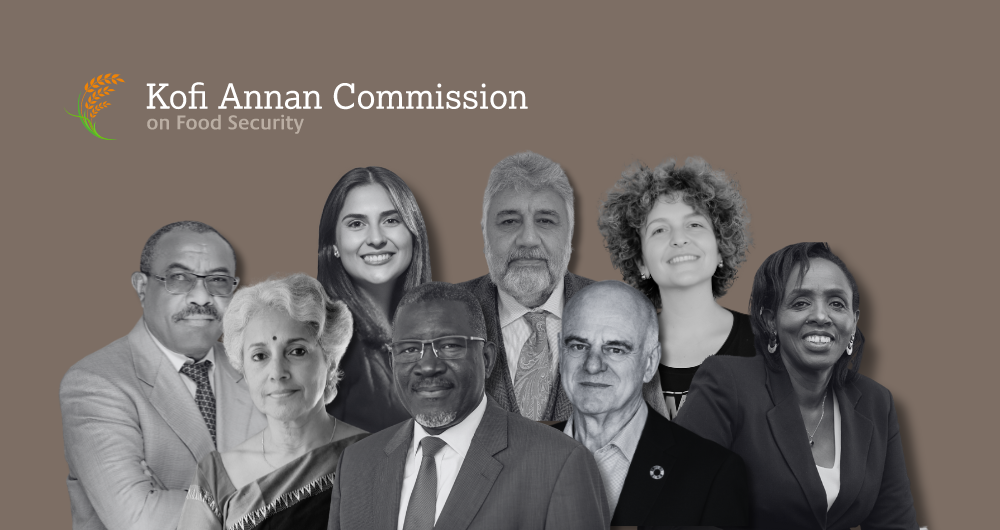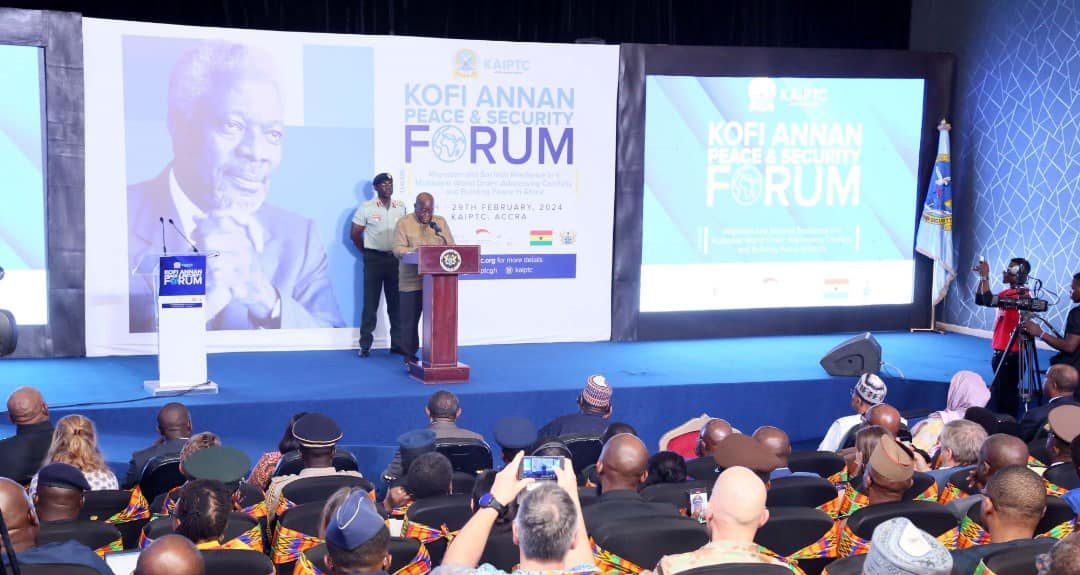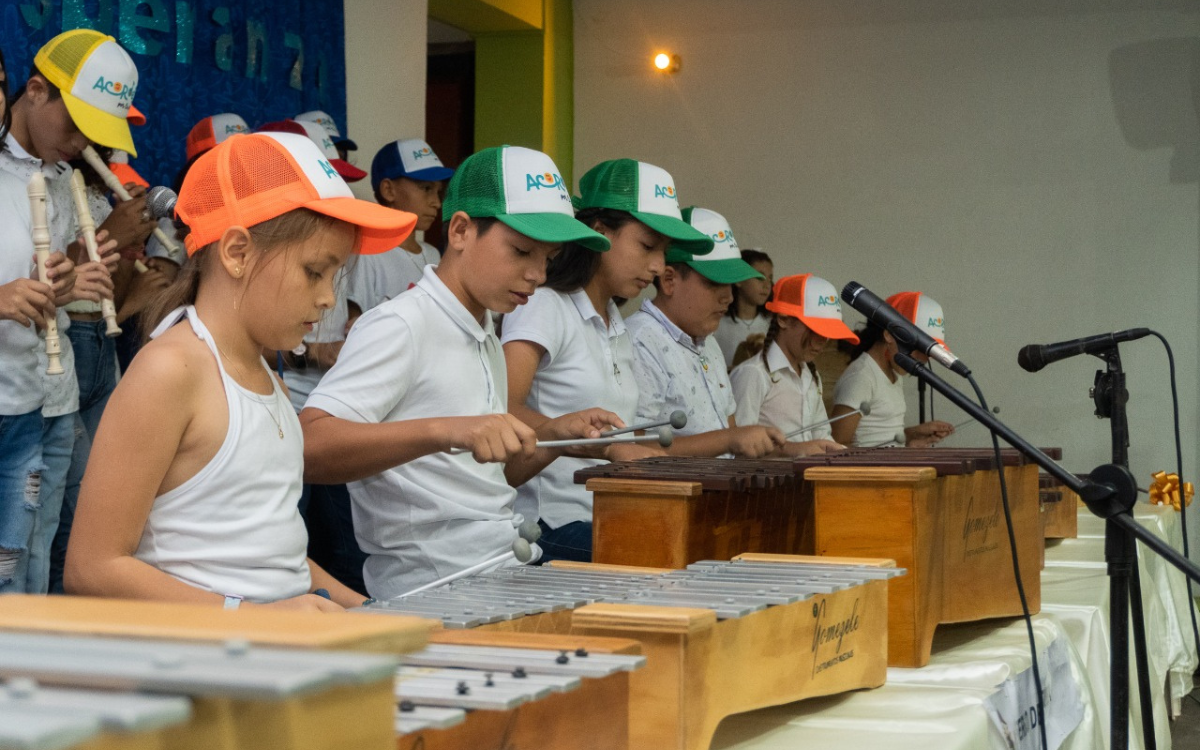UGANDA: Stability without legitimacy cannot last
On Saturday, Uganda’s electoral commission announced that 76-year-old incumbent President Yoweri Museveni won a sixth term in Uganda’s general elections last week by a landslide. Sebastian Brack, Head of Elections and Democracy at the Kofi Annan Foundation, explains why stability without legitimacy cannot last.
Unfortunately, this victory is unlikely to confer the mantle of legitimacy that leaders need to rule effectively. The results have already been denounced by the opposition, whose leader is under house arrest, claiming they have proof of fraud.
Professor Nic Cheeseman, an expert on elections in Africa who participated in the Society for International Development/Kofi Annan Foundation’s recent conference on democracy in East Africa, had cautioned ahead of the elections: “This is not really an election; it is a staged event.”
And indeed, many observers note the tense and sometimes violent environment in which the election took place. National Election Watch Uganda, the outfit that was supposed to observe the elections, was closed in October, and 26 would-be domestic observers were arrested ahead of the polls. Opposition candidates were repeatedly arrested and intimidated; more than 50 opposition supporters were shot dead; journalists and civil society organisations were threatened, sometimes injured; and the internet and social media were blocked in the run-up to the election, preventing online activism.
In several respects, the election was symptomatic of the recent decline of democracy in Africa and around the world:
First, the government used the COVID-19 pandemic to curtail freedoms of assembly and expression and the ability of the opposition to campaign in the run-up to the elections. Some 1,000 opposition supporters were arrested in November for violating pandemic-related bans on large rallies; campaign meetings in the capital and elsewhere were banned. Similar restrictions have been observed in many countries on the continent and elsewhere, as the pandemic has been exploited by the executive to arrogate sweeping powers, a trend which the Foundation foresaw last spring.
Second, the president is part of an old guard who came to power through an armed struggle and is reluctant to hand power to the next generation of leaders. One of the striking features of this election is that President Museveni’s main challenger, Bobby Wine, is literally half his age. Wine embodies the frustrations and hopes of a new generation, which represents the vast majority of the population (75% of Ugandans are under thirty) and often cares more about jobs, service delivery and freedom than history.
Finally, the election throws into relief the complacency of regional and international actors vis-à-vis problematic elections on the continent, ostensibly in the name of stability. Uganda has been a big beneficiary of international donor assistance, not least in recognition of its contribution to peacekeeping in a volatile neighbourhood. Like in many other countries, this international support has been exploited by the authorities to shore up their hold on power and harass its critics.
“Democracy is the best bet we have to ensure that Africa’s future will be better than its recent past.”
Yet stability without legitimacy cannot last. If the continent’s huge, restless, disillusioned and increasingly urban youth cannot effect change through the ballot box, they will seek other ways, just as their forefathers did. More recently, youth demonstrations have led to political upheaval in Burkina Faso, Algeria and Sudan.
“Democracy is the best bet we have to ensure that Africa’s future will be better than its recent past”, said President (retd.) Goodluck Jonathan of Nigeria at the start of the SID/KAF conference in East Africa.
And for democracy truly to take hold, elections must be credible, free and fair, and perceived to be so. It is imperative, therefore, that in Uganda, the opposition’s court case gets a fair hearing and that any doubt about the legitimacy of the recent election is addressed transparently, comprehensively and justly.
Sebastian Brack, Head of Elections and Democracy Programme



